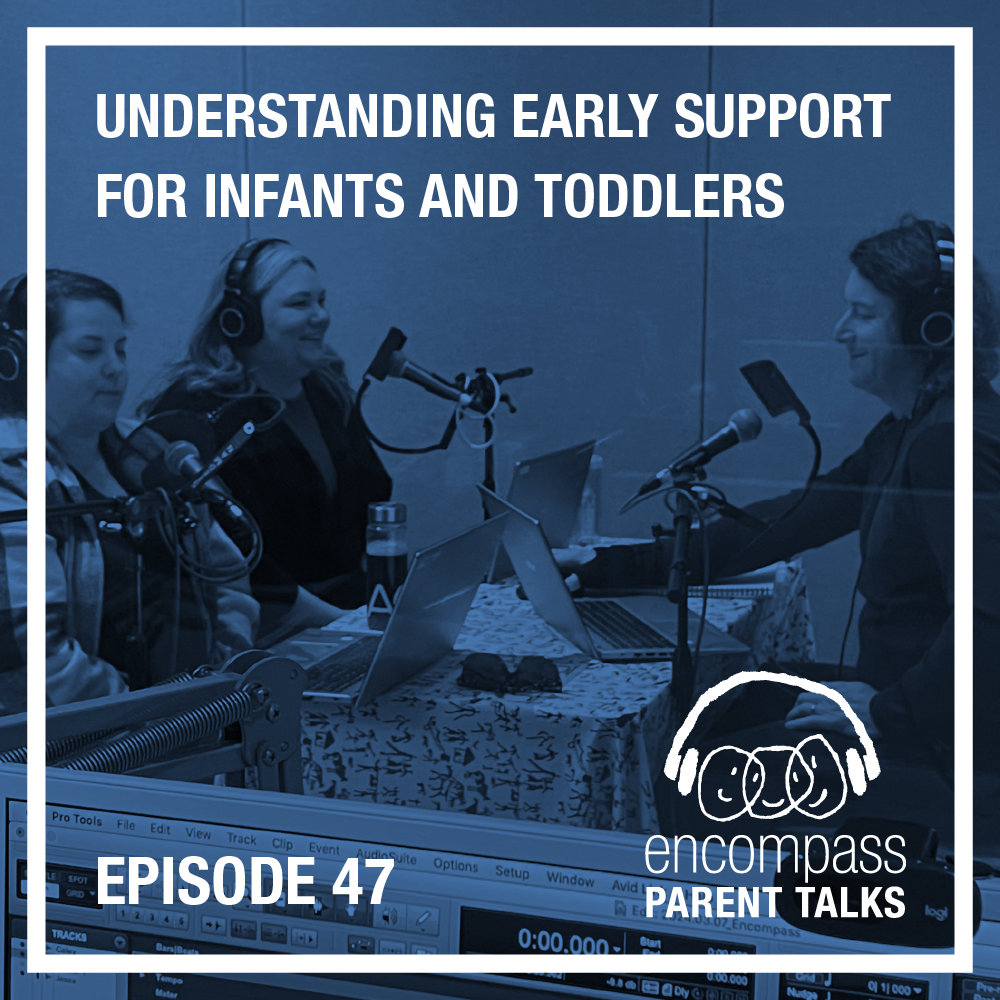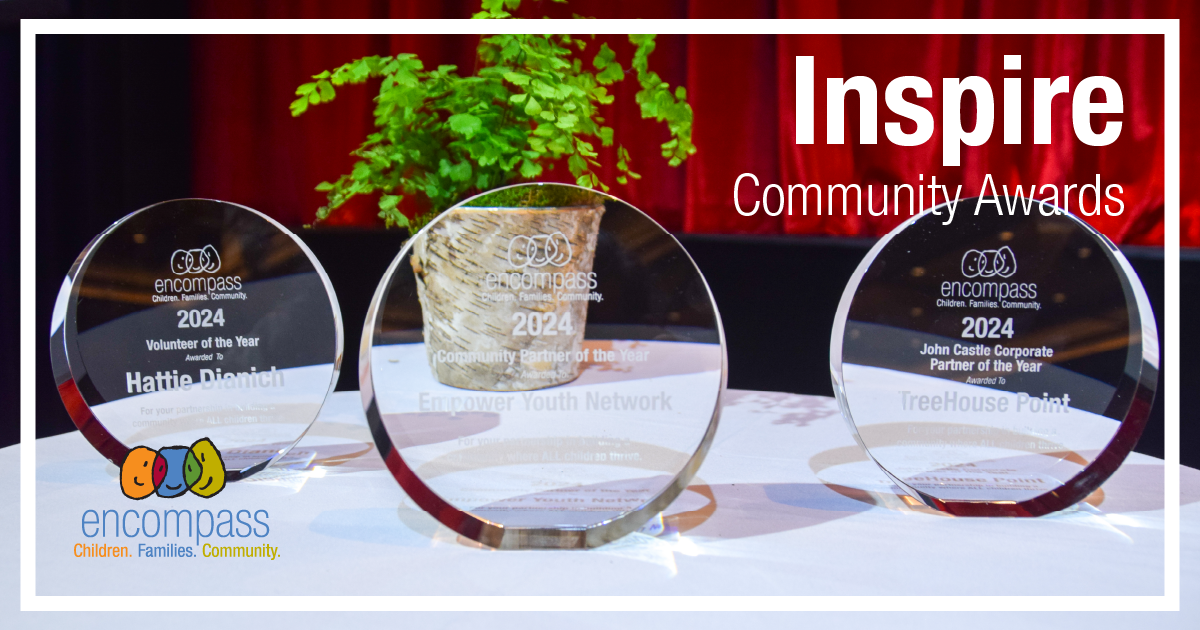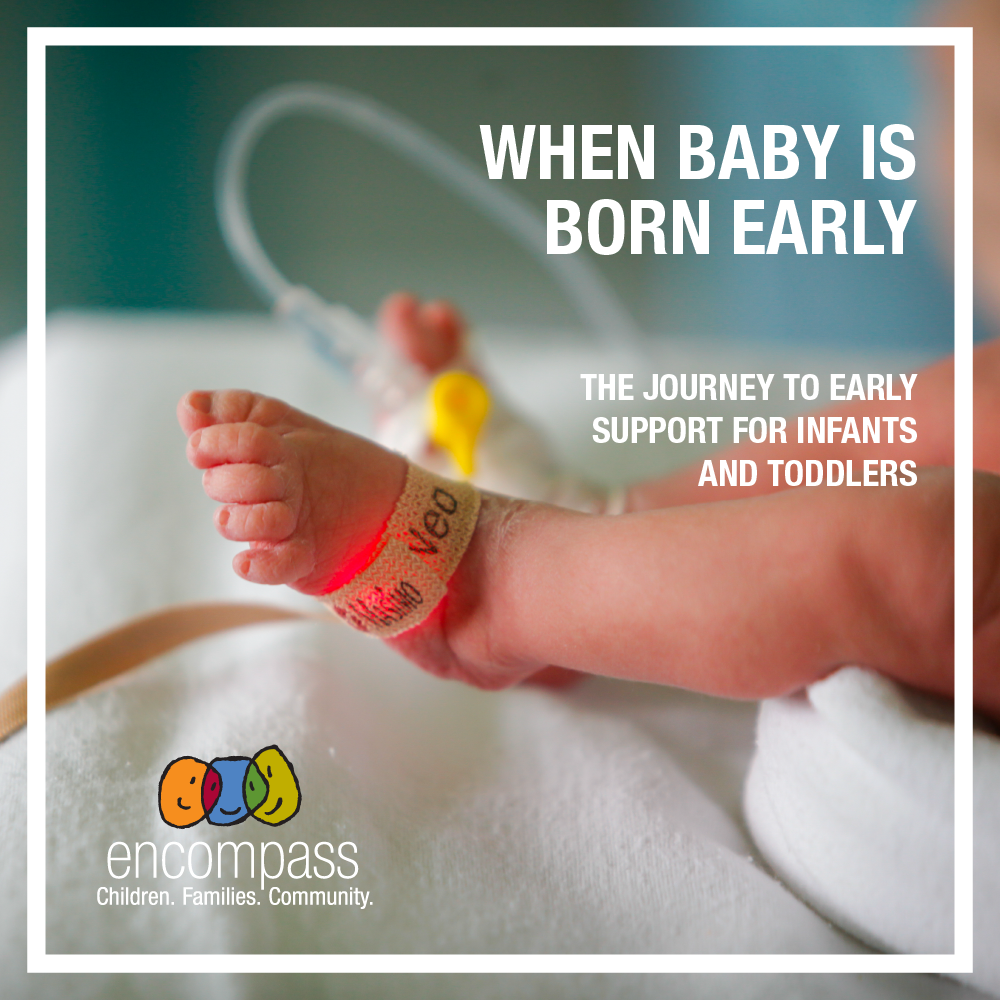The Journey of Articulation Development
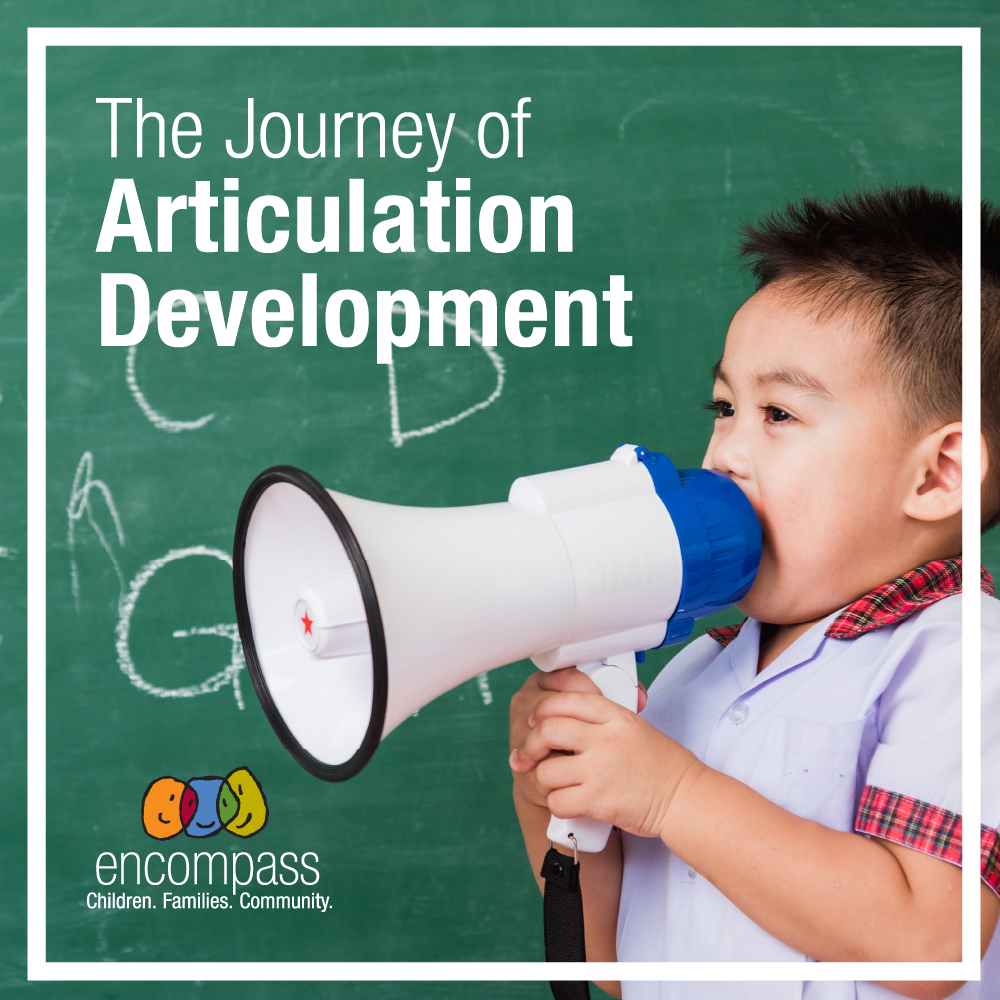 We all love the levity that comes from children mispronouncing common words or names, but when should parents be concerned about how their child is using speech sounds?
We all love the levity that comes from children mispronouncing common words or names, but when should parents be concerned about how their child is using speech sounds?
This article aims to clarify the typical trajectory of speech-sound development in children and guide parents on when it might be appropriate to seek additional support. We will delve into the concepts of intelligibility, speech sound development, and other factors that play a crucial role in understanding how children navigate the intricate world of phonological awareness.
The Journey of Articulation Development
Understanding the journey of speech sound development is crucial for parents who want to ensure their child’s communication skills are on the right track. Let’s explore the key milestones in this journey:
- Early Babbling: During the first few months of life, babies engage in cooing and babbling. These early vocalizations set the foundation for speech development.
- Emergence of First Words: Around 12 months of age, most children utter their first recognizable words. We consider the first word to be any string of sounds that a child uses consistently to refer to a specific item or action. While these may not be perfectly articulated, they indicate a significant step in speech development.
- Expanding Vocabulary: Between 18 and 24 months, toddlers start building a more extensive vocabulary. At this stage, it’s common for speech sounds to be imprecise, and some words may still be difficult to understand.
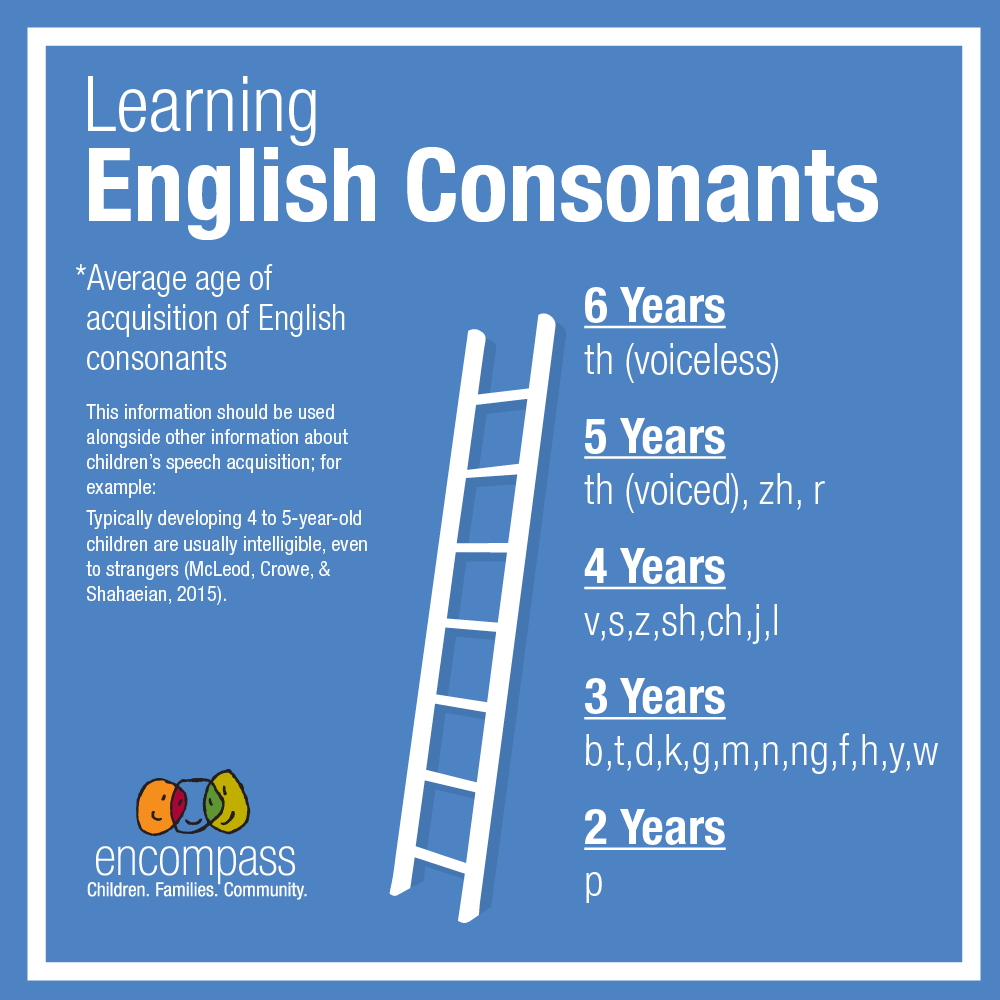
- Refinement of Articulation: Around the age of 3, we can start to look at specific speech sounds and use what we know about typical development to determine if a child has an articulation delay. While some mispronunciations are part of typical development, persistent issues with specific speech sounds might raise concerns. You can use the speech sound development chart at the right to see the sounds your child should develop with each age of development.
Looking at the Big Picture: Assessing Intelligibility
Intelligibility refers to how well a listener can understand a speaker’s message. By the age of 5, we expect children to be fully intelligible, even to unfamiliar listeners. If you are asking your 4–5-year-old to repeat themselves frequently, consider an evaluation for articulation. We can set children up for academic and social success by making sure their peers and teachers can understand them and giving them strategies for repairing communication breakdowns.
 Literacy Implications: How Sounds Work Together
Literacy Implications: How Sounds Work Together
Phonological awareness involves recognizing and manipulating sounds in spoken language and can be one of the first signs of emerging literacy skills. Phonological awareness is directly related to how a child is using speech sounds. If your child is not sure what sounds belong in words, we wouldn’t expect them to use those sounds accurately in their speech. You can support your child’s phonological awareness and preliteracy skills by creating a language-rich environment through reading books, engaging in conversations, and exposing children to diverse language experiences.
Activities to Support Articulation Development
- Go on a nature walk and find 5 things that start with “s” (or any letter).
- When reading a book, give your child a magnifying glass and have them scan the page for a certain letter. Then talk about what words they found and where that sound appears in those words.
- Break down your child’s name and identify all the sounds.

- Expose your child to books or songs that repeat their target sound over and over. They don’t even have to repeat it for this to be beneficial! See our resources list for a link to some of our favorites.
- Create a letter of the week and talk about that letter all week long! Make the speech sound into a sound effect you can use in play, identify words that begin or end with the letter, or make the letter out of play dough or spaghetti sticks.
When to Seek Additional Support
By understanding speech sound milestones, assessing intelligibility, and recognizing red flags, parents can play a proactive role in nurturing their child’s speech development. If you find yourself uncertain about your child’s speech development, reach out to Encompass or any Speech and Language Pathologist. They can assess your child’s speech sounds, provide guidance, and, if necessary, recommend interventions to support speech sound development. Seeking support when needed is a proactive step towards ensuring your child communicates with confidence and clarity as they continue to explore the wonders of language.
Resources:

